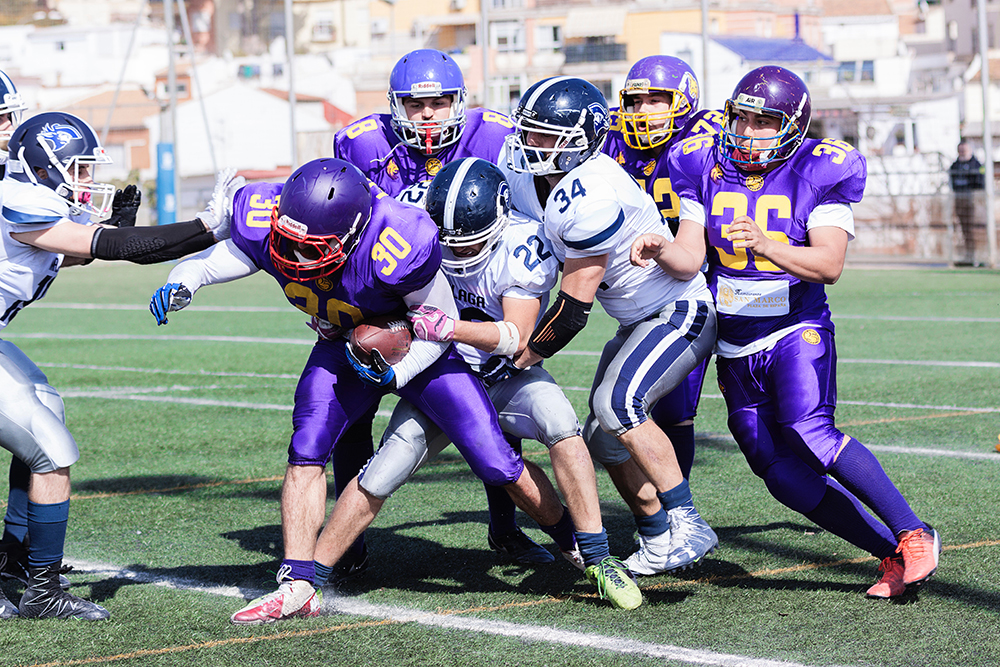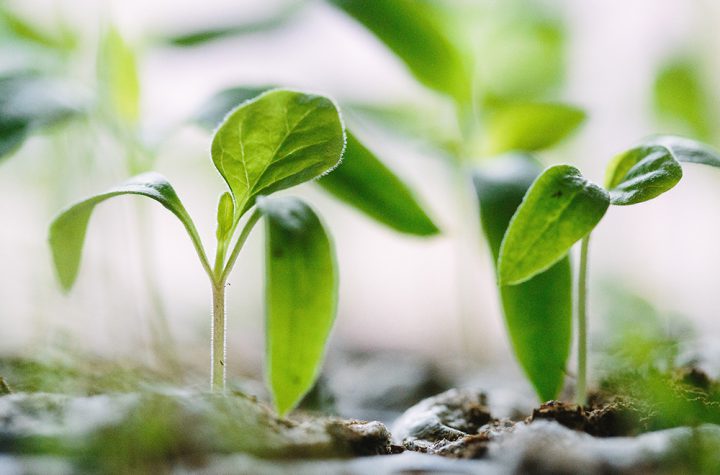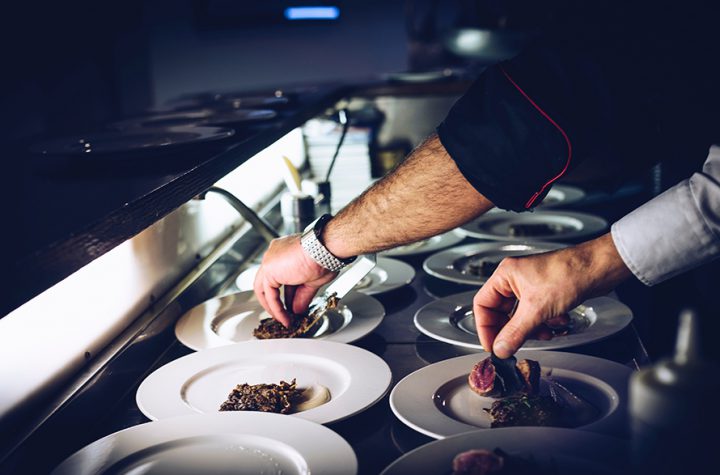
The latest:
- Quebec considering more restrictions as new cases reach highest-ever single-day total.
- COVID-19 cases may slow clearing of elective surgery backlog in some provinces, top health official warns.
- Masks could become mandatory in New Brunswick.
- U.S. President Donald Trump fever-free and breathing well in hospital, doctor says.
- India’s coronavirus death toll surpasses 100,000.
- Mexico’s total of confirmed cases rises to 753,090.
Quebec’s second wave of COVID-19 reached another milestone on Saturday, with 1,107 new cases reported the highest ever single-day total.
Previously, the highest total of new cases was April 15, with 1,104.
People in Quebec entered the weekend under a partial lockdown that practically bans all parties and socializing.
“Cases, hospitalizations, people in intensive care and deaths are continuing to increase,” Health Minister Christian Dubé wrote on Twitter Saturday. “The virus is definitely present everywhere in Quebec.
“Avoid non-essential inter-regional travel and limit your contacts.”
Premier François Legault earlier this week ordered a 28-day lockdown in the province’s so-called red zones which include Montreal and Quebec City to limit the spread of COVID-19, and he has enlisted police in enforcing public health rules that can impose $1,000 fines on those who don’t comply.
WATCH | Quebec’s red zones shut down to slow COVID-19 spread:
Some Montreal restaurateurs have complained of being treated unfairly by the lockdown, saying there have been no COVID-19 outbreaks tied to the city’s famed restaurant industry. Nevertheless, officials have temporarily banned private indoor gatherings and shut bars, cinemas and restaurant dining rooms.
Legault described the situation Friday as “critical” and suggested more restrictions could be imposed on Monday, when new rules are expected for sporting activities and gyms.
According to a working public health document obtained by Radio-Canada, no team sports or contact sports will be allowed in red zones.
In Ontario, the daily count of new cases in Ontario was 653 on Saturday, according to a tweet from Health Minister Christine Elliott.
Ontario Premier Doug Ford has introduced measures to limit restaurant capacity in Ottawa and Peel Region to 100 patrons, while Toronto Public Health capped numbers in Toronto to 75. Tables will be limited to no more than six people.
WATCH | Premier Doug Ford introduces further restrictions across Ontario:
The province is moving to restrict COVID-19 testing to appointment only starting Tuesday. It has also ordered masks for all public indoor spaces and told residents to restrict interactions to their immediate household even if it means curtailing Thanksgiving plans.
Toronto Public Health (TPH) said Saturday it has halted contact tracing outside of outbreaks in what are called congregate settings because of a rapid rise in COVID-19 infections.
The “strategic shift” means TPH will no longer notify close contacts of people infected with COVID-19 outside of outbreaks in such facilities as hospitals, long-term care homes, retirement homes, homeless shelters, schools and child care centres for now, according to a report by The Globe and Mail.
Going forward, it will be up to the infected person to notify their close contacts.
Lenore Bromley, spokesperson for TPH, said in an email on Saturday that the change in policy is due to the dramatic rise in the number of COVID-19 infections in Toronto in the past month and the need for the public health unit to focus its efforts on calling and isolating people confirmed to have the virus.
New Brunswick added one new case of the infection on Saturday for a total of 201 cases. The province has six active cases.
Masks may soon be mandatory in the province as early as Oct. 8, according to Premier Blaine Higgs.
“We’re going to lead up to it, we’re kind of building into it, working with the communities, working with the businesses, staging people to become more diligent and get into that program,” he said.
He reminded residents that wearing a face mask in public when physical distancing is not possible is mandatory under the province’s state of emergency order, and if New Brunswickers do not comply, a mandatory mask policy “could be implemented.”
What’s happening in the rest of Canada
As of 4:20 p.m. ET on Saturday, Canada had 164,470 confirmed or presumptive coronavirus cases. Provinces and territories listed 138,867 of those as recovered or resolved. A CBC News tally of deaths based on provincial reports, regional health information and CBC’s reporting stood at 9,461.
WATCH | Prime Minister Justin Trudeau announces $600M to help businesses:
In Manitoba, officials have offered tips for a safe Halloween amid COVID-19, suggesting distancing tricks could include using tongs to distribute candy at the door.
Manitoba added 38 new cases on Saturday for a total of 2,108 cases, as well as another COVID-19 death, bringing its total number of fatalities linked to the respiratory illness to 22.
Nova Scotia has reported three active cases of COVID-19. The province said on Friday that it identified one new travel-related case. Nova Scotia is also renewing its state of emergency, which will take effect at noon on Sunday and run until noon on Oct. 18.
Meanwhile, travel within theAtlantic bubble will get easier on Oct. 8., when travellers will no longer be screened by New Brunswick officials at the Prince Edward Island and Nova Scotia borders, Higgs said.
Instead, some of those officials will be redeployed to the borders with Quebec and the United States, while others will keep an eye on gatherings and mask use.
The region’s success in keeping its numbers low has been hard won. Tourism has taken a massive hit, even with quarantine-free travel permitted within the bubble. Last week, the Atlantic Canada Airports Association said air travel in the region was down 92 per cent from April to the end of August compared with the same period last year.
Residents of Ottawa’s West End Villa and their families have launched a $16-million class-action lawsuit against Extendicare, the owner of the long-term care home where 19 people have died in a COVID-19 outbreak.
The claim alleges Extendicare was negligent and breached the basic human rights of the home’s residents.
What’s happening around the world
According to the ongoing tally by Johns Hopkins University in Baltimore, the global total of confirmed coronavirus cases stands at more than 34.7 million. More than one million people have died, while more than 24 million have recovered.
Lebanon has registered a new record 1,321 daily cases of coronavirus amid a sharp increase around the country.
The Health Ministry reported 12 deaths on Saturday before an eight-day lockdown was to be imposed in 111 towns and villages. The new cases raise the total to 43,480 since the first was reported in the country of five million people in late February. The death toll has risen to 398.
The numbers rose following a massive blast in Beirut on Aug. 4 that resulted in many deaths and injuries. The blast led to people searching through the rubble and crowding at hospitals.
In Europe, infections in the Czech Republic have been on a steep rise, setting a new record high for the second straight day.
The country’s Health Ministry says the day-to-day increase in new confirmed COVID-19 cases was 3,793 on Friday, 300 more than the previous day.
In Asia, India has reached 100,000 confirmed coronavirus deaths, trailing only the United States and Brazil.
The Health Ministry says the 79,476 new infections raised the overall confirmed caseload to more than 6.4 million. The country’s toll is nearly 10 per cent of the global deaths.
In Africa, South Africa has reopened to international flights, ending a more than six-month ban on international travel that was part of its restrictions.
The country has passed its first peak of the disease, experts said, and has reported 674,000 confirmed cases, including 16,734 deaths, according to the Africa Centers for Disease Control and Prevention. South Africa has nearly half of the total of 1.4 million cases reported by Africa’s 54 countries.
In the United States, President Donald Trump’s doctors say the president is doing well, is fever-free and isn’t having difficulty breathing after contracting the coronavirus.
Dr. Sean Conley, Trump’s physician, said while the president had fatigue, nasal congestion and coughing, his symptoms are resolving and improving. Trump had not been on oxygen Saturday or when he was with the medical team Friday, Conley said.




More Stories
A teenager from Co Offaly has been “inundated” with orders for his handmade reindeer decorations after his mother put up a post in a popular Facebook group.
Run Windows apps such as Microsoft Office in Linux (Ubuntu) and GNOME as if they were a part of the native OS, including Nautilus integration. – Fmstrat/winapps
With Australia’s relationship with China at a very dangerous stage, the timing of what is expected to be a ‘more nuanced’ approach from a Biden administration could not be more welcome.